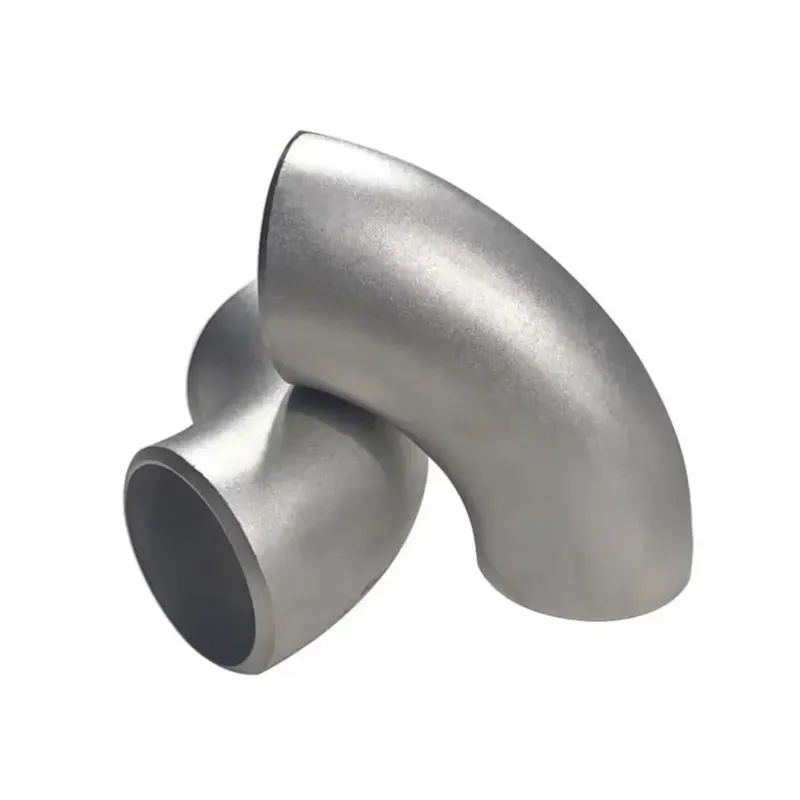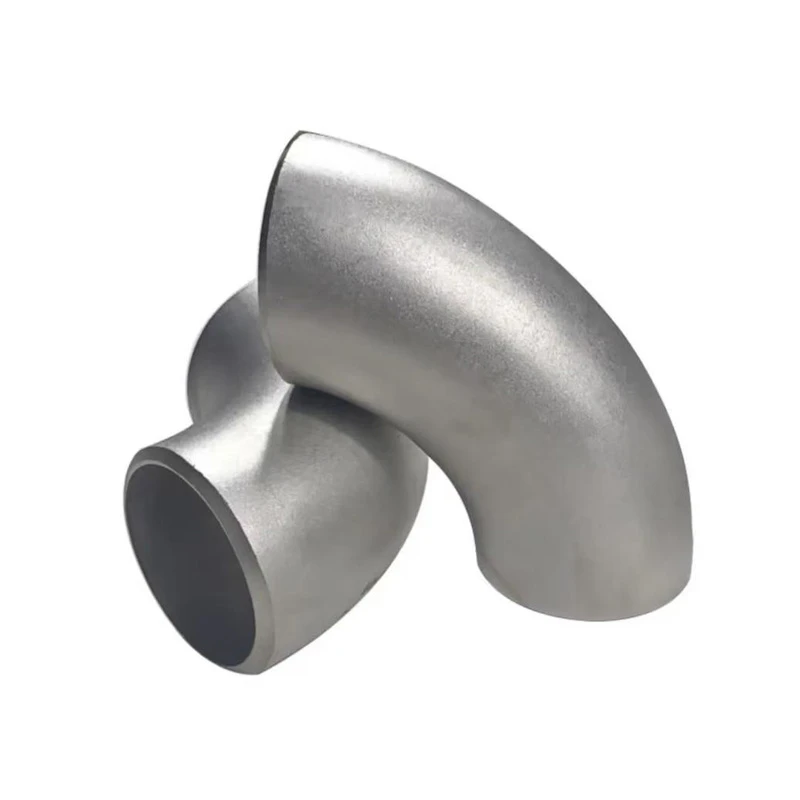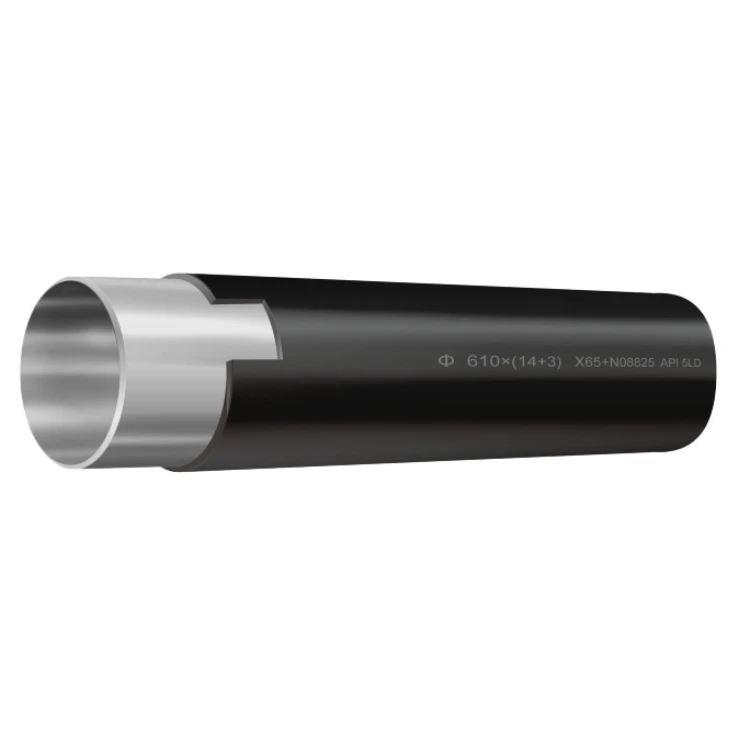Pipe fittings serve as critical components in industrial, commercial, and residential piping systems, facilitating the efficient transport of liquids, gases, and other substances. These components are designed to connect, redirect, branch, or terminate pipelines while maintaining structural integrity and optimal flow conditions. Manufacturers produce fittings in various materials, sizes, and configurations to accommodate different pressure ratings, temperature conditions, and environmental factors. Among the most widely used materials are carbon steel, stainless steel, and black steel, each offering distinct advantages depending on the application.
Pipe Fittings for Directional Changes
Altering the direction of pipeline systems is a fundamental requirement in many installations, and elbows are the most common solution for this purpose. These fittings are manufactured in standard angles, with 45-degree and 90-degree bends being the most prevalent. A black steel pipe elbow is frequently utilized in gas distribution and water supply systems due to its high strength and resistance to oxidation. Its uncoated surface makes it suitable for environments where paint or other protective layers are unnecessary or undesirable.
For applications requiring a sharper directional shift, a carbon steel 90-degree elbow is often the preferred choice. This fitting ensures minimal turbulence in the flow, reducing pressure drop and maintaining system efficiency. Carbon steel's durability makes it ideal for high-stress applications, including petrochemical plants and heavy industrial piping networks. Additionally, an elbow black steel fitting is commonly used in fire sprinkler systems and compressed air lines, where threaded connections provide secure joining without requiring welding.
Pipe Fittings for Branch Connections
When a pipeline must split into multiple directions, tee fittings become essential. These components allow for the division of flow while maintaining structural stability. A metal tee fitting is a versatile option, available in equal or unequal configurations depending on whether the branch line matches the diameter of the main pipeline. These fittings are widely used in plumbing, HVAC systems, and industrial process piping.
In environments where corrosion resistance is critical, such as chemical processing or marine applications, stainless steel tee fittings are the optimal choice. Their ability to withstand harsh chemicals and saline conditions ensures long-term reliability. Similarly, a stainless tee fitting is indispensable in the food, beverage, and pharmaceutical industries, where sanitary standards require smooth, non-reactive surfaces to prevent contamination. These fittings are often polished to meet strict hygiene regulations while maintaining durability under frequent cleaning and sterilization.
Pipe Fittings for Termination and Size Adjustment
Sealing the end of a pipeline is necessary for maintenance, pressure testing, or system modifications. Steel caps for pipes provide a secure closure, preventing debris ingress and pressure loss. Threaded variants, such as a threaded steel cap, allow for easy removal and reinstallation, making them suitable for systems that require periodic inspection or cleaning. A threaded steel pipe cap is particularly useful in high-pressure applications, where a tight seal is crucial to prevent leaks.
In addition to termination, adjusting pipe diameters is often necessary to accommodate different flow rates or equipment connections. A carbon steel reducer serves this purpose by joining pipes of differing sizes while maintaining a smooth transition to minimize turbulence. These fittings are commonly used in pump inlets, compressor lines, and other systems where pressure and velocity regulation are essential. Concentric and eccentric reducers are available, with the latter being particularly useful in preventing air pocket formation in horizontal pipelines.
Pipe fittings play a fundamental role in ensuring the proper functioning and longevity of piping systems across various industries. From redirecting flow with black steel pipe elbow and carbon steel 90 degree elbow fittings to creating branch connections using stainless steel tee fittings, each component serves a distinct purpose in maintaining system integrity. The selection of appropriate fittings directly impacts the efficiency, safety, and maintenance requirements of the entire pipeline network.
When designing or modifying piping systems, engineers must carefully consider termination and size adjustment solutions such as threaded steel pipe caps and carbon steel reducer fittings. These components not only provide necessary functionality but also contribute to the overall reliability of fluid transport systems. By understanding the specific applications and advantages of different fitting types, professionals can optimize pipeline performance while meeting industry standards and operational demands.



